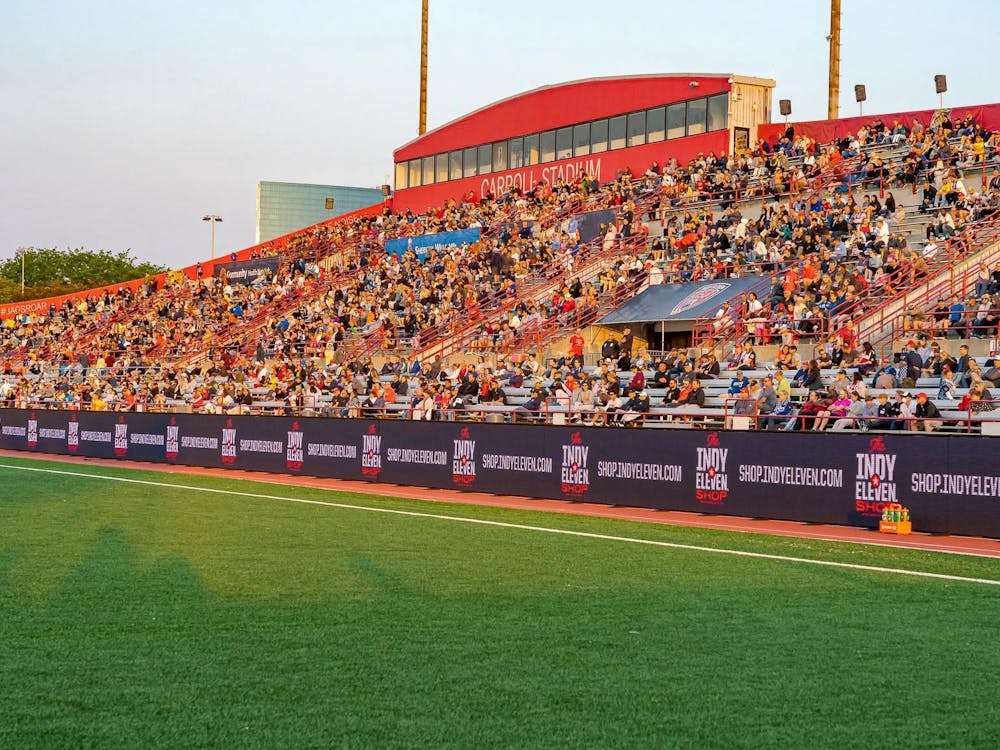NEW YORK — The marriage of square burgers and roast beef sandwiches is about to end.
Wendy's/Arby's Group Inc. said Monday that it will sell a majority stake in its struggling Arby's brand to Roark Capital Group, the Atlanta private equity firm. The move marks the end of a short-lived union between the two fast-food chains, and represents a role reversal. Arby's started as the suitor in the relationship, and ended up on the chopping block.
In an interview with the Associated Press, Wendy's/Arby's Group CEO Roland Smith said that the 2008 combination of the two fast-food chains had "absolutely not" been a failure.
"I think that at the time we put the two brands together it was the exact right thing to do," Smith said, "but any business that continues to do well and perform has to be nimble and adapt to what the market is."
Wendy's/Arby's shares rose 14 cents, or 3 percent, to $4.66 in late-morning trading, as investors signaled their pleasure with having more clarity about the company's future. But the shares remain well below $5.90, their price on the day the combination was announced in September 2008.
Roark, which already owns Moe's Southwest Grill, Cinnabon and other restaurants, will pay $130 million in cash for an 81.5 percent stake in Arby's. It also will assume $190 million worth of Arby's debt.
Roark also announced Monday that it bought Il Fornaio (America) Corp., owner of the Corner Bakery Café and Il Fornaio Restaurants and Bakeries.
Smith said Wendy's/Arby's, based in Atlanta, entertained offers from "quite a number" of bidders, but he declined to give details. He said the company's decision to keep an 18.5 percent stake in Arby's should signal its confidence in Arby's future.
Smith served as CEO of Arby's Inc. from 1997 to 1999 and again starting in 2007. He has been CEO of the combined Wendy's and Arby's since it was formed, and he said Monday that selling Arby's was "a little bittersweet" but best for both brands.
Smith should receive a cash bonus of $350,000 when the sale goes through, and general counsel Nils Okeson should receive a bonus of $100,000, according to regulatory filings. The company said the bonuses are "in recognition of their efforts in successfully completing the sale."
Smith said in the interview that he didn't think employees would be bothered by the bonuses.
"I would say that the folks in our company understand clearly how compensation works, and it is a very typical (bonus) that would come up any time we go through a change in our organization," he said. "I quite honestly don't think anyone's going to focus on it."
Wendy's/Arby's will change its name after the sale is completed. Spokesman Bob Bertini said the company is considering options and the new name will include the word "Wendy's." Wendy's/Arby's Group will get a tax benefit worth $80 million related to the sale.
The company tallied the value of the deal at $430 million, including the cash payment, the assumed debt, the tax benefit and the 18.5 percent stake, worth around $30 million.
Wendy's and Arby's came together when billionaire investor Nelson Peltz and his investment firm, which already owned Arby's, agreed to scoop up Wendy's. A well-known and prolific investor, Peltz has made both friends and enemies by buying and reviving struggling companies such as Snapple.
Peltz's firm, Trian Fund Management, is Wendy's/Arby's largest shareholder with a stake of about 17 percent, according to estimates by FactSet. That's worth about $357 million when calculated by Monday morning's stock price.
Peltz is the fourth-largest shareholder with a stake of about 4 percent, worth about $76 million. His long-time business partner Peter May and son-in-law Ed Garden are also substantial shareholders and serve along with him on the board of directors.
Wendy's/Arby's Group let its two brands remain distinct after the merger, with Wendy's focusing on more grown-up tastes with salads, baked potatoes and Frostys, and Arby's hawking roast beef sandwiches, curly fries and Jamocha shakes.
The combined company has struggled since its formation in the depths of the recession, losing money seven of its 10 quarters. In January, it said it would consider selling Arby's to focus on Wendy's, which it hopes to expand by launching breakfast in more locations and by opening more restaurants overseas.
Wendy's has less than twice as many restaurants — 6,600 to Arby's 3,600 — and produces about 70 percent of the company's revenue. However, in the first quarter, Arby's was stronger by some measures. Its revenue rose by 5 percent from a year earlier, while Wendy's revenue fell less than 1 percent, though some of Arby's performance was likely due to price cuts.
Together, Wendy's and Arby's make the No. 2 chain restaurant by U.S. revenue, behind McDonald's, according to Technomic, a food industry research firm. Counted separately, Wendy's falls behind Subway, Starbucks and Burger King to No. 5. Arby's is No. 16.
The sale is expected to close in the third quarter, which starts in July. Roark managing partner Neal Aronson said in a statement that Roark looks forward to helping Arby's "great brand achieve its full potential."




